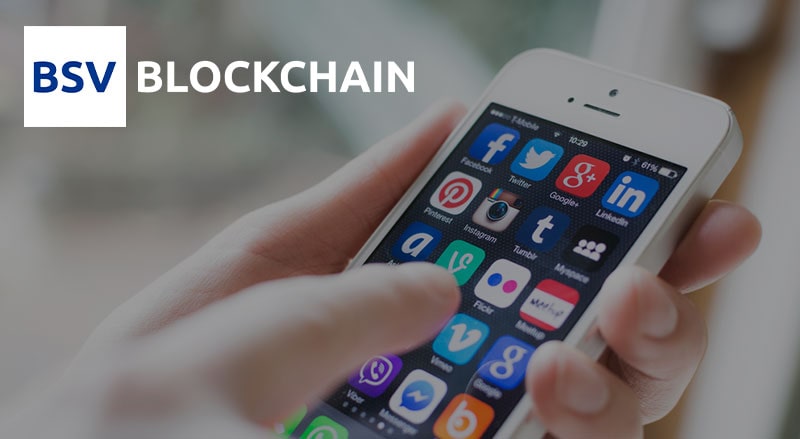Almost two-thirds of Australians (63.8%) agree the Internet ‘solves more problems than it creates’ compared to 36.2% who disagree. In contrast, fewer than three-in-ten Australians (28.7%) agree that Social Media ‘solves more problems than it creates’ compared to a large majority of 71.3% that disagree.
Within that same survey, it found that social media was the most distrusted industry within Australia in the year 2022. (Roy Morgan)
The low cost to Social Media fraud
One of the biggest problems with the Internet under its current implementation, is that there is very little cost for creating fictitious entities. This means that through automation, one entity may control many separate accounts to create an illusion of a large group of people thinking or acting a particular way.
This may be for endorsing products, ideologies, or narratives in a certain light, or on the other hand, countering organic natural sentiment against the aforementioned.
To borrow a term from computer science, this could be seen as a type of social sybil attack wherein an attacker subverts the service’s reputation system by creating many pseudonymous identities and uses them to gain a disproportionately large influence.
A classic example of this occurs on the colossal link aggregation website, Reddit. On that platform users can up or downvote submissions and comments from other users with the idea that quality content will rise organically to the top.
A quick google search reveals several businesses which will offer you upvotes for a few cents each, but such packages will simply be leveraging what another user could do themselves, limited only by the number of bots that could be spun up on the hardware they can afford.
Reddit claims it makes efforts to stop such practices occurring but with a keen eye and some analytic tools it’s glaringly obvious that the practice is rampant on their website. This in turn brings into question the validity of what many perceived as organic user driven movements from the site.
The subjectivity of Social Media moderators
Additionally, when power moderators may oversee upwards of 100 individual subreddits, it makes a single point of control that can quash any kind of organic rising of a particular sentiment so as not to upset a paying partner on the website.
Notable episodes of this include the shutting down of the Bernie Sanders subreddit in the run up to the 2016 US election, the banning of subreddits dedicated to investigating voter fraud in the 2020 election or even the Gestapo levels of censorship of the bitcoin subreddit toward any discussion on the merit of scaling the system by increasing the block size.
Leveraging open blockchain protocols for Social Media
A move towards Open Social Protocols such as Bitcoin Schema and Magic Attribute Protocol could see social feeds populated by content which leverages the immutable properties of the blockchain to create assurances that your message or submission will be persisted throughout time.
Own your data
Through your Bitcoin keys and interactions with the ledger, you become the owner of your own data.
In that respect, if a particular client was manipulating the exposure of your content, you could roll your data over to an alternative provider’s client who may have more permissive policies around what can be shared, or what their corporate partners or stakeholders would allow.
Provable identity
Establishing meaningful blockchain based solutions for identity could ensure that users are accountable for their actions online and require that each account needs to be provably associated by a 1:1 relationship to an official identity.
If a user can be linked through that 1:1 relationship to an actual identity (be it by a zero knowledge proof even), then systems that allow for users to express their sentiment through voting can be much more accurate and trusted.
Financial incentives to promote sociable behaviour
Another feature of leveraging the blockchain as part of an application stack that persists user generated content is that there is an economic cost to the use of that application. Some services may be offered under a freemium model, but this economic cost can be used as a gating function to limit the amount of spam, low value or bot generated content which can be created without a cost on legacy web 2.0 services.
Boosting security via a peer-to-peer social media model
As Bitcoin fully integrates with IPv6 and the Internet moves to a truly peer-to-peer model, we may see a decline in the use of servers in general. When data transmission can be securely encapsulated in a bitcoin transaction and shared peer to peer through a publisher / subscriber model, it might mean that the images you see as you scroll a social feed are delivered to you from that user’s device which holds the images without it travelling to Facebook or WhatsApp servers first.
A transition to that kind of paradigm will not only eliminate a huge security vulnerability, but it will also give users so much more control over what content they want delivered, what data they are willing to share, and in an overall sense, dramatically increase their trust in the integrity and information gleaned from their web experience.
